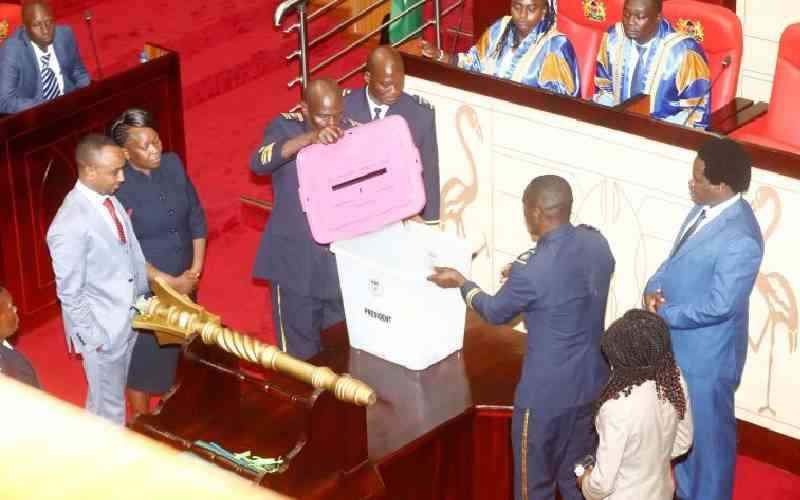×
The Standard e-Paper
Fearless, Trusted News

There are 1,450 administrative wards and Members of County Assemblies (MCAs) are their elected political leaders. Previously, the elected ward leaders were referred to as councillors.
Politicians often used the councillor seat as a stepping stone into the Member of Parliament (MPs) seat. Among prominent politicians who started off as councillors are Ferdinard Waititu, who commenced his political journey in 2002 as a councillor of Njiru Ward.